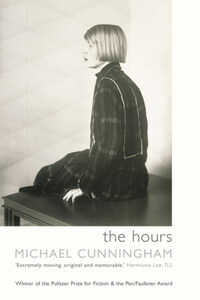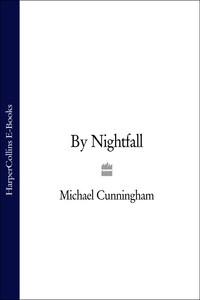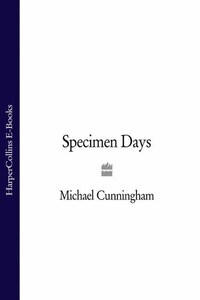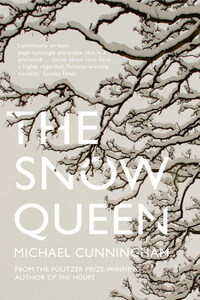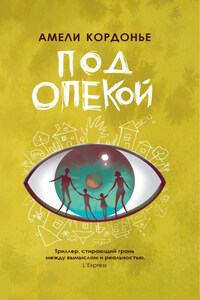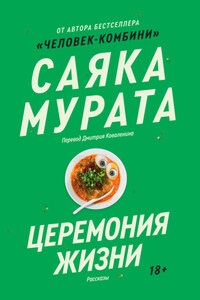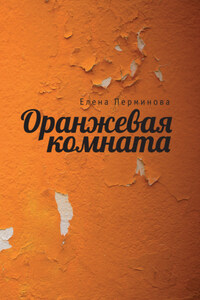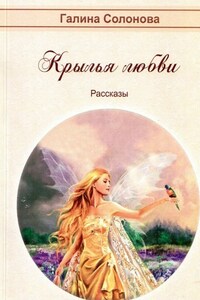We’ll hunt for a third tiger now, but like the others this one too will be a form of what I dream, a structure of words, and not the flesh and bone tiger that beyond all myths paces the earth. I know these things quite well, yet nonetheless some force keeps driving me in this vague, unreasonable, and ancient quest, and I go on pursuing through the hours another tiger, the beast not found in verse.
—J. L. Borges, The Other Tiger, 1960
I have no time to describe my plans. I should say a good deal about The Hours, & my discovery; how I dig out beautiful caves behind my characters; I think that gives exactly what I want; humanity, humour, depth. The idea is that the caves shall connect, & each comes to daylight at the present moment.
—Virginia Woolf, in her diary, August 30, 1923
She hurries from the house, wearing a coat too heavy for the weather. It is 1941. Another war has begun. She has left a note for Leonard, and another for Vanessa. She walks purposefully toward the river, certain of what she’ll do, but even now she is almost distracted by the sight of the downs, the church, and a scattering of sheep, incandescent, tinged with a faint hint of sulfur, grazing under a darkening sky. She pauses, watching the sheep and the sky, then walks on. The voices murmur behind her; bombers drone in the sky, though she looks for the planes and can’t see them. She walks past one of the farm workers (is his name John?), a robust, small-headed man wearing a potato-colored vest, cleaning the ditch that runs through the osier bed. He looks up at her, nods, looks down again into the brown water. As she passes him on her way to the river she thinks of how successful he is, how fortunate, to be cleaning a ditch in an osier bed. She herself has failed. She is not a writer at all, really; she is merely a gifted eccentric. Patches of sky shine in puddles left over from last night’s rain. Her shoes sink slightly into the soft earth. She has failed, and now the voices are back, muttering indistinctly just beyond the range of her vision, behind her, here, no, turn and they’ve gone somewhere else. The voices are back and the headache is approaching as surely as rain, the headache that will crush whatever is she and replace her with itself. The headache is approaching and it seems (is she or is she not conjuring them herself?) that the bombers have appeared again in the sky. She reaches the embankment, climbs over and down again to the river. There’s a fisherman upriver, far away, he won’t notice her, will he? She begins searching for a stone. She works quickly but methodically, as if she were following a recipe that must be obeyed scrupulously if it’s to succeed at all. She selects one roughly the size and shape of a pig’s skull. Even as she lifts it and forces it into one of the pockets of her coat (the fur collar tickles her neck), she can’t help noticing the stone’s cold chalkiness and its color, a milky brown with spots of green. She stands close to the edge of the river, which laps against the bank, filling the small irregularities in the mud with clear water that might be a different substance altogether from the yellow-brown, dappled stuff, solid-looking as a road, that extends so steadily from bank to bank. She steps forward. She does not remove her shoes. The water is cold, but not unbearably so. She pauses, standing in cold water up to her knees. She thinks of Leonard. She thinks of his hands and his face, the deep lines around his mouth. She thinks of Vanessa, of the children, of Vita and Ethel: So many. They have all failed, haven’t they? She is suddenly, immensely sorry for them. She imagines turning around, taking the stone out of her pocket, going back to the house. She could probably return in time to destroy the notes. She could live on; she could perform that final kindness. Standing knee-deep in the moving water, she decides against it. The voices are here, the headache is coming, and if she restores herself to the care of Leonard and Vanessa they won’t let her go again, will they? She decides to insist that they let her go. She wades awkwardly (the bottom is mucky) out until she is up to her waist. She glances upriver at the fisherman, who is wearing a red jacket and who does not see her. The yellow surface of the river (more yellow than brown when seen this close) murkily reflects the sky. Here, then, is the last moment of true perception, a man fishing in a red jacket and a cloudy sky reflected on opaque water. Almost involuntarily (it feels involuntary, to her) she steps or stumbles forward, and the stone pulls her in. For a moment, still, it seems like nothing; it seems like another failure; just chill water she can easily swim back out of; but then the current wraps itself around her and takes her with such sudden, muscular force it feels as if a strong man has risen from the bottom, grabbed her legs and held them to his chest. It feels personal.
